

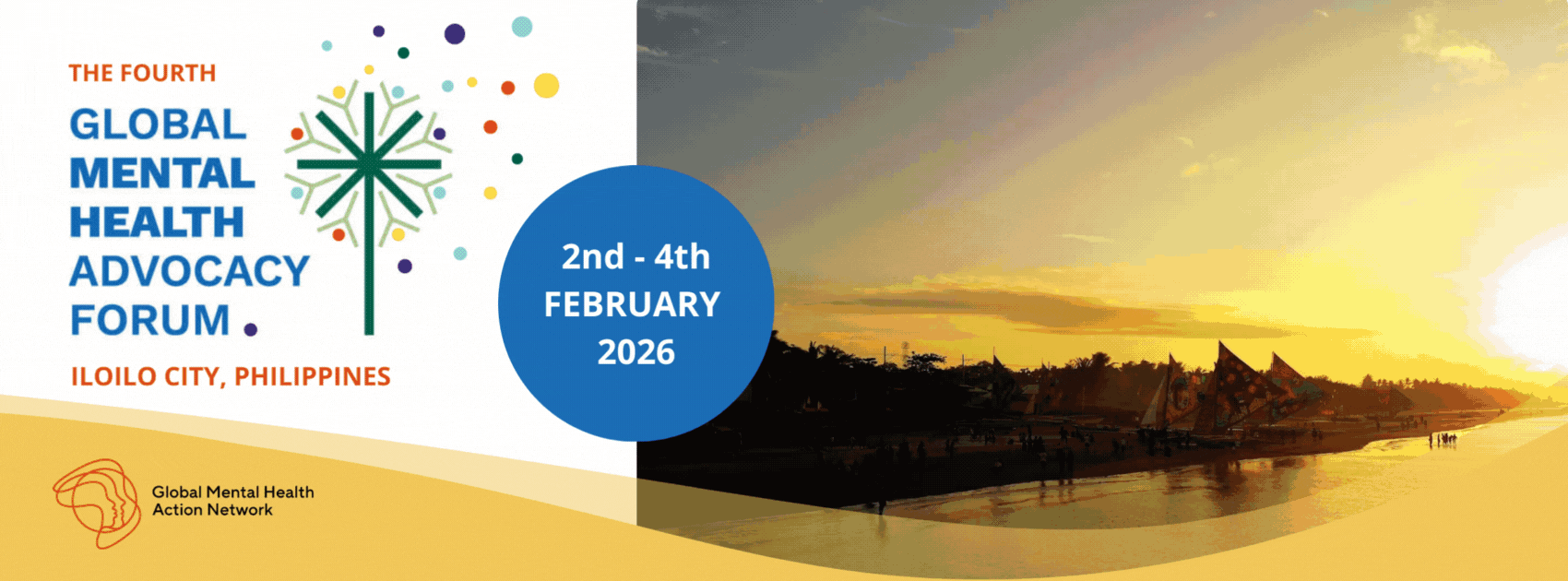
Будете ли вы присутствовать лично или онлайн? Независимо от вашего участия, регистрация абсолютно бесплатна . Сеть действий стремится переосмыслить глобальный ландшафт психического здоровья и гарантировать, что ни один голос не будет оставлен без внимания .
Приём заявок на гранты на поездку закрыт. Все заявители будут уведомлены в октябре. Кандидаты, не прошедшие отбор, будут зачислены в качестве виртуальных участников, но также смогут подать заявку на участие с самооплатой.
Крупнейшая в мире конференция по вопросам психического здоровья стала ещё масштабнее ! Мы официально заполнили все места для очного участия. Но в связи с огромным спросом мы открываем дополнительные места для участников, желающих присоединиться к нам в городе Илоило на этом знаменательном мероприятии. Регистрационный взнос отсутствует, поэтому участникам, самостоятельно финансирующим мероприятие, необходимо будет оплатить только перелёт, проживание и проживание на время поездки. Мы оцениваем стоимость проживания в отеле от 3000 до 5000 филиппинских песо (50–90 долларов США) за ночь .














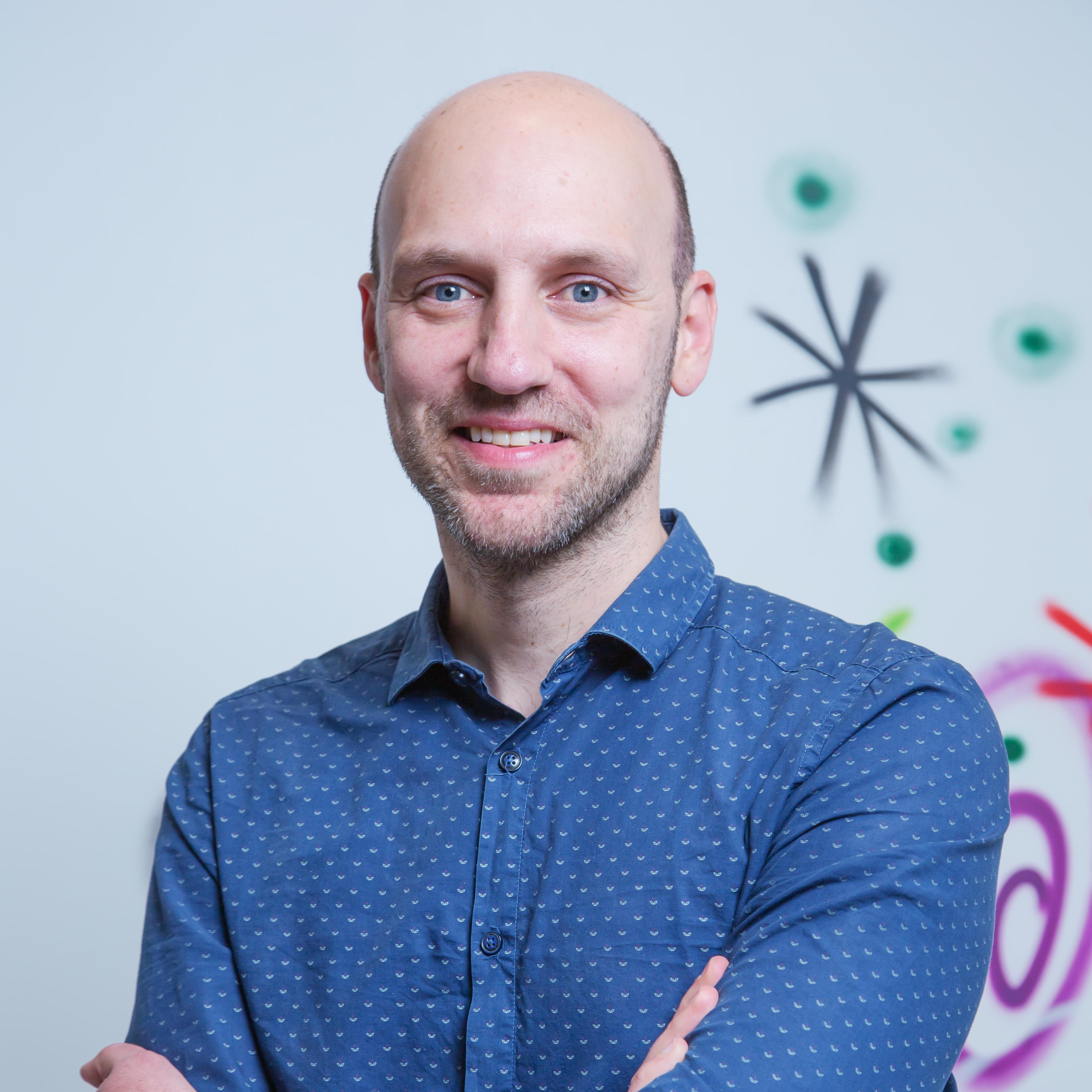









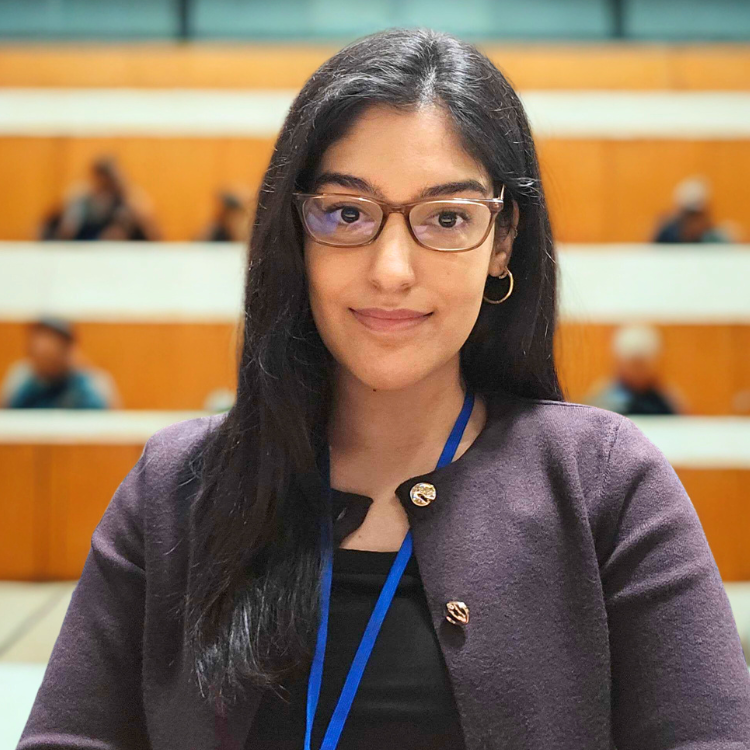



















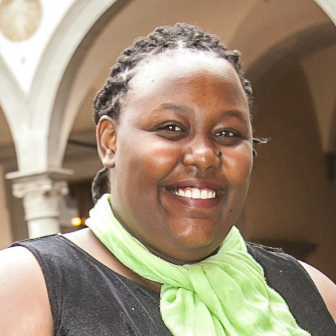













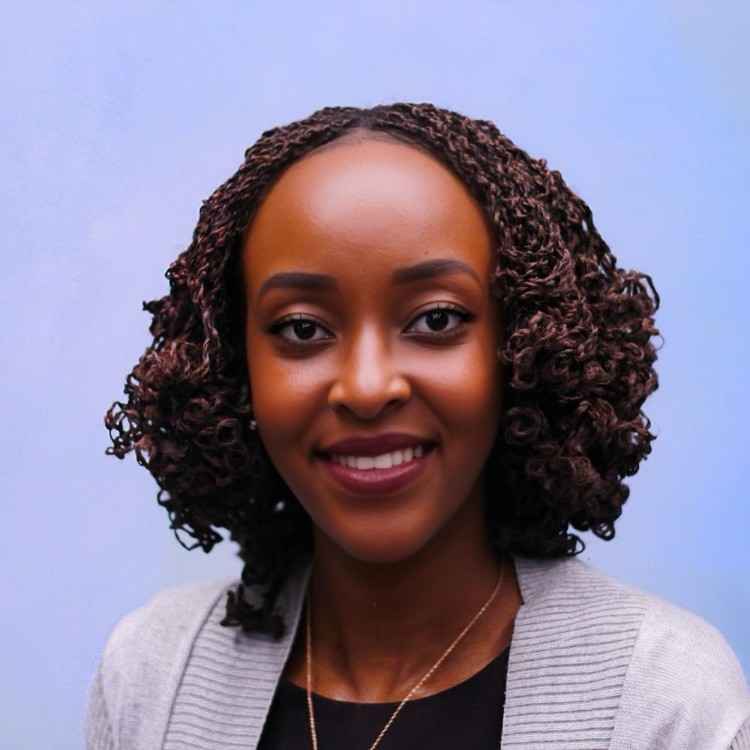

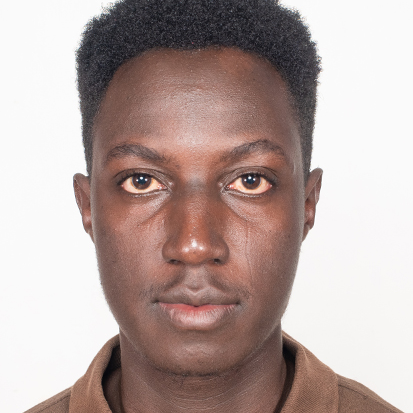























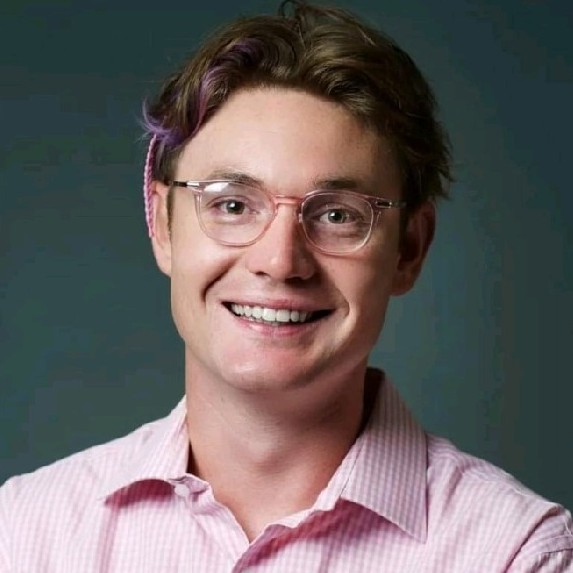













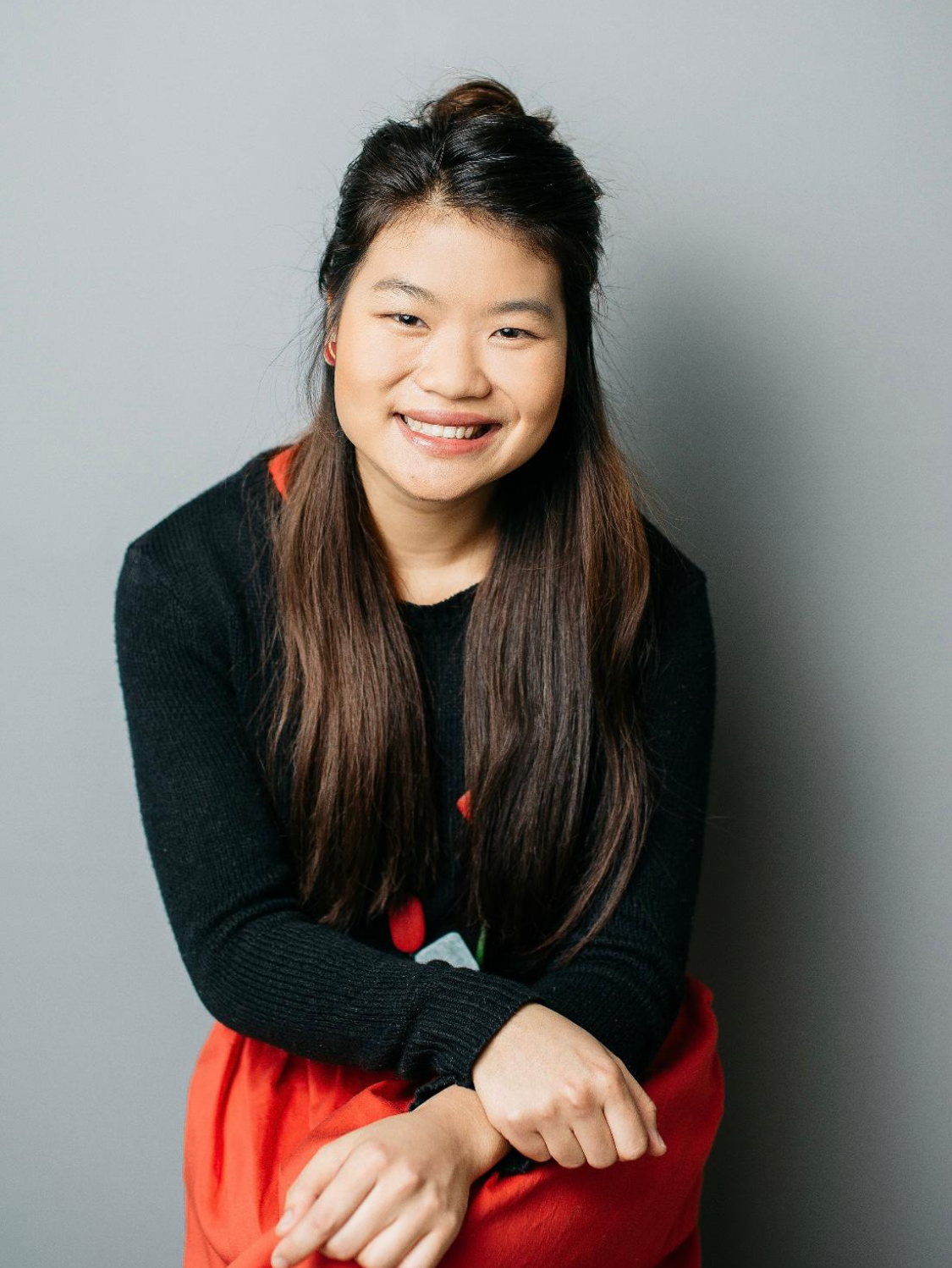















































The Philippines has made incredible progress in mental health, from upgraded legislation, to leading digital innovations and significant government funding commitments. There’s so much we can learn from these achievements, as well as the country’s traditional and local approaches to power sharing, healing and community development. Iloilo City is the perfect place to showcase them.
Iloilo is a bold and meaningful choice. The city is known for its progressive approach to sustainability, climate action, and mental health education in schools. It is deeply rooted in history, with preserved heritage sites, and an exciting food scene that landed it the prestigious title of 'UNESCO City of Gastronomy' in 2023. We look forward to welcoming you to the Philippines' 'City of Love' next year!
Филиппины добились невероятного прогресса в области психического здоровья: от совершенствования законодательства до внедрения передовых цифровых инноваций и значительного государственного финансирования. Эти достижения, а также традиционные и местные подходы страны к разделению власти, исцелению и развитию сообществ могут многому нас научить. Город Илоило — идеальное место для их наглядной демонстрации.
Илоило — смелый и осмысленный выбор. Город известен своим прогрессивным подходом к устойчивому развитию, борьбе с изменением климата и просвещению в области психического здоровья в школах. Он имеет богатую историю, сохранившиеся объекты культурного наследия и богатую гастрономическую жизнь, благодаря которой в 2023 году он получил престижное звание «Город гастрономии ЮНЕСКО». С нетерпением ждем встречи с вами в филиппинском «Городе любви» в следующем году!

This site uses cookies to provide essential functionalit and, to help us understand how people find and use the site.
Select Accept to consent or Reject to decline non-essential cookies for this use.